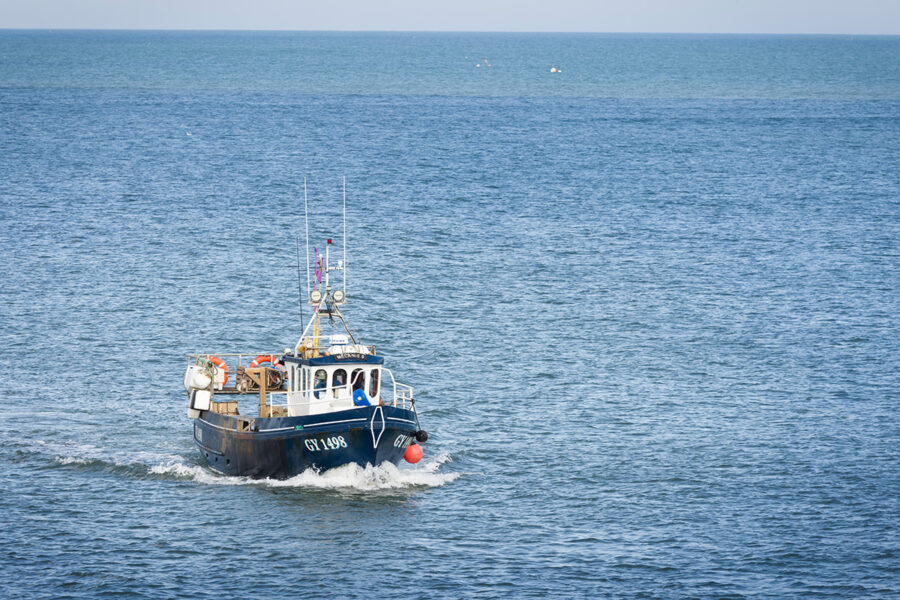North Sea Saithe fisheries will lose their Marine Stewardship Council (MSC) certification from 30 June.
The MSC says the suspension follows continued low stock productivity and a revised scientific assessment by ICES, which now places the stock outside the green zone of sustainability.
It says the reasons for the decline in stock levels are difficult to determine, but that ICES scientists believe climate change is a factor.
The suspension of certificates affects fleets from several European countries. Together, they are currently catching around 45,000t of North Sea saithe per year.
The UK North Sea saithe quota for 2025 is 8,940t, and for the west coast of Scotland is 3,791t – both increases of 7% on 2024.
The MSC said the suspension comes despite longstanding sustainability efforts. In the past, the fisheries met requirements for sustainable fishing, including reducing catch volumes in line with scientific and management advice. But the expected growth of the stock did not materialise, which ultimately has led to the suspension of the MSC certificates.
Erin Priddle, MSC regional director for Northern Europe, said the MSC ‘deeply regretted’ the suspension. She said: “These fisheries have been role models in sustainable fishing – well managed, well monitored and in close collaboration with science. The fishery implemented key improvements early on, such as bycatch reduction and less ocean floor contact through modified fishing gear.”
But she said that under the MSC Fisheries Standard, fishing must not compromise the long- term health of fish populations. “Stocks may only be fished at levels that allow them to remain healthy or recover,” she explained.
“The updated scientific data do not provide the necessary evidence that this is still the case for North Sea saithe. Therefore, the independent auditors responsible for assessing the certified fisheries determined that they no longer meet the MSC’s requirements for certification.”
Mike Park, chief executive of the Scottish White Fish Producers’ Association, pointed out that the certification of the fisheries of various other nations, such as Norway, Germany, France and Denmark, would also be suspended.
He told FN: “While the suspension is unhelpful at this time, it does ensure that there is a level playing field for those that fish the stock with regard to market supply. Hopefully better recruitment will show up soon.” The MSC acknowledges that even the most responsible fishing practices can sometimes be impaired by external pressures on the oceans such as climate change. “Rising sea temperatures, for example, can impair stock reproduction,” it said.
“This has already been observed with North Sea and Baltic cod stocks, as well as Baltic herring stocks. Now scientists believe that climate-related impacts may also be affecting North Sea saithe, as well as other cold-water species.”
Erin Priddle stressed that fisheries have a great responsibility to adapt to changes in marine ecosystems. She said sustainability wasn’t a ‘nice-to-have’ option, but the foundation for any viable fishery. “That’s truer than ever in the face of climate change,” she said.
North Sea saithe is widely sold in European supermarkets and fishmongers, mostly as frozen fillets but also as fresh fish.
It is sold alongside saithe from other parts of the North East Atlantic, where certified sustainable fisheries, landing a total of around 275,000t, remain in operation.
This story was taken from the latest issue of Fishing News. For more up-to-date and in-depth reports on the UK and Irish commercial fishing sector, subscribe to Fishing News here or buy the latest single issue for just £3.50 here.
Sign up to Fishing News’ FREE e-newsletter here.








